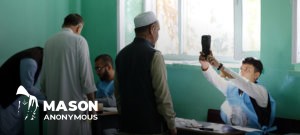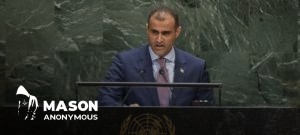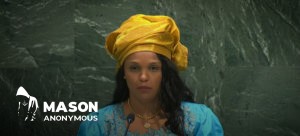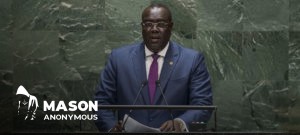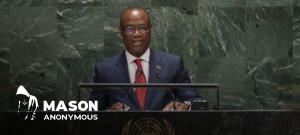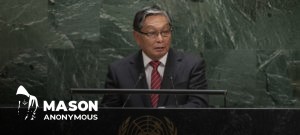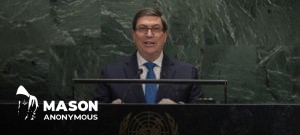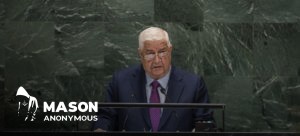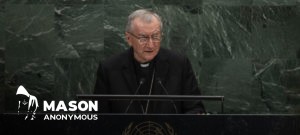At the dailypress briefing in New York, he told reporters that the UN Mission for Justice Support in Haiti, known by its acronym MINUJUSTH, was calling on everyone to “refrain from the use of violence”.
According to news reports, a deepening economic crisis along with chronic food and fuel shortages has seen thousands take to the streets, demanding the resignation of President Jovenel Moïse.
Opposition leaders called for a nationwide day of resistance to the Government, reportedly urging supporters to take the streets, after a demonstration on Friday when several homes and businesses were set on fire, with police firing tear gas at protesters. Several have died during clashes in the past few weeks.
Meanwhile, on Saturday, Bocchit Edmond, the Minister for Foreign Affairs of Haiti, told the General Assembly, that the President was making efforts to pursue a Haitian national dialogue towards resolving the crisis.
However, he cautioned that “Haiti will not be able to recover without substantial, sustained, sustainable, coherent, well-coordinated and effective support from the international community.”
While praising the work of the Haitian National Police, which “has done its utmost to provide security to the Haitian people, State institutions and private property”, the UN peacekeeping mission continues to closely follow recent developments.
At the same time, MINUJUSTH and international partners are in discussions with local participants to find a peaceful way out of the situation and alleviate the suffering of the population, which Mr. Dujarric said, “has been bearing the brunt of this crisis”.
UN presence in transition
Back in June, the Security Council approved a resolution to create a UN “Integrated Office” in Haiti to support the country’s Government in strengthening political stability and good governance.
It will be run by a Special Representative, who will assist the Government with planning elections; human rights training for Haitian National Police; responding to gang violence; ensuring compliance with international human rights obligations; improving prison oversight; and strengthening the justice sector.
Using the French acronym BINUH (Bureau Intégré des Nations Unies en Haïti) the Office will replace MINUJUSTH on 16 October, putting an end to 15 years of peacekeeping presence in the country.

